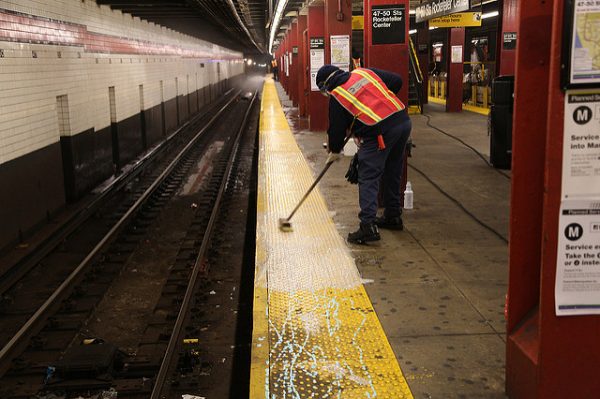
Originally posted August 14, 2018.
Helping former inmates return to communities after being released from prison is a serious challenge. Poor and unskilled populations with criminal records face significant barriers to enter the labor market, especially when trying to access formal and stable jobs. New research by Naomi Sugie describes the day-to-day experiences of job search and survival for 133 men recently released from prison in Newark, New Jersey.
Since former prisoners are a highly mobile and hard-to-reach population, Sugie distributed smartphones among participants and asked them to report their daily job search and employment experiences. This type of self-reporting and real-time data also prevented the difficulties of trying to remember past work experiences. The more than 8,000 real-time daily measures showed that respondents experience extreme job instability. Only about half of the participants ever worked at least two consecutive days and only one-quarter of the sample ever worked at least four consecutive days. Most men ceased looking for jobs after the first month, and for those who continued to search, the chances of finding a regular job were still fairly low. To survive and fulfill their immediate needs, men relied on various low-skill and irregular jobs — from warehouse keepers to carnival maintenance workers.
To explain the experience of working at the margins of the labor market, Sugie created the concept of work as foraging, which refers to engagement in intermittent, short-term, and precarious work needed to make ends meet. The irregular and sometimes exploitative experience of work as foraging may even exacerbate strain or criminal activities among marginalized job seekers. This particular type of work — work as foraging — challenges the idea that work always leads to social integration and desistance. On the contrary, working as a form of survival is more likely to lead to higher social inequality and lower social integration for foraging workers.

Comments